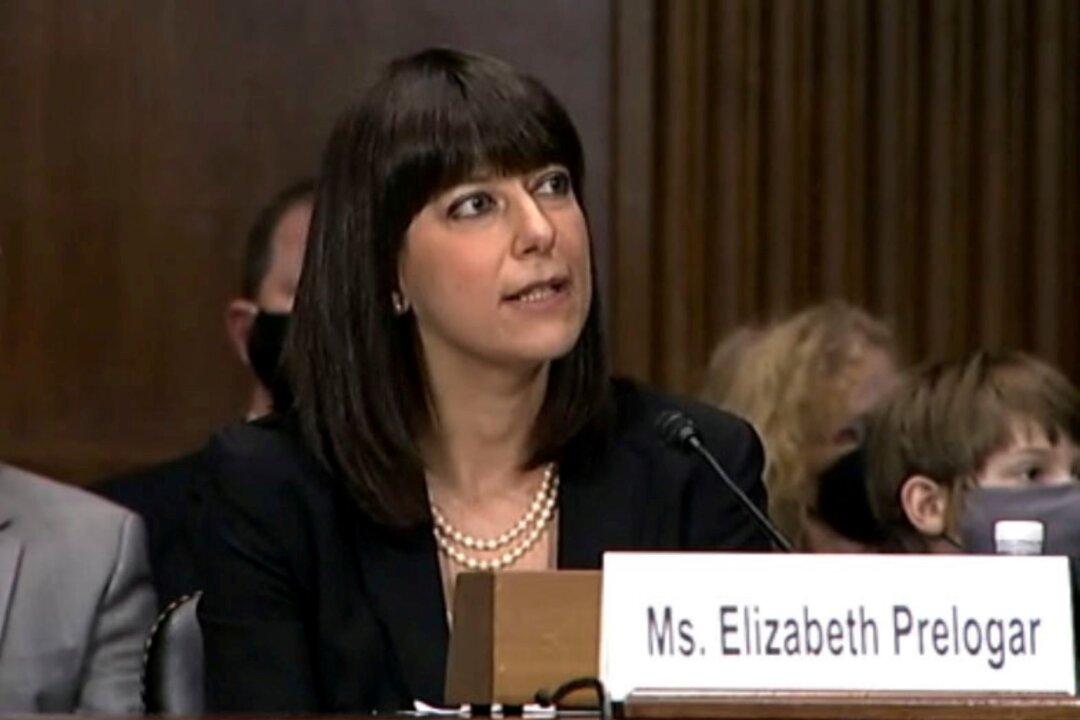The Justice Department has waived ethics rules to allow Solicitor General Elizabeth Prelogar to work on a number of high-profile cases before the Supreme Court that could have huge implications for abortion and gun rights laws, according to documents filed with the Office of Government Ethics.
Prelogar, who is the federal government’s chief advocate before the Supreme Court, was granted ethics waivers that would allow her to work on five Supreme Court cases involving her former law firm, Cooley LLP, or its clients.




